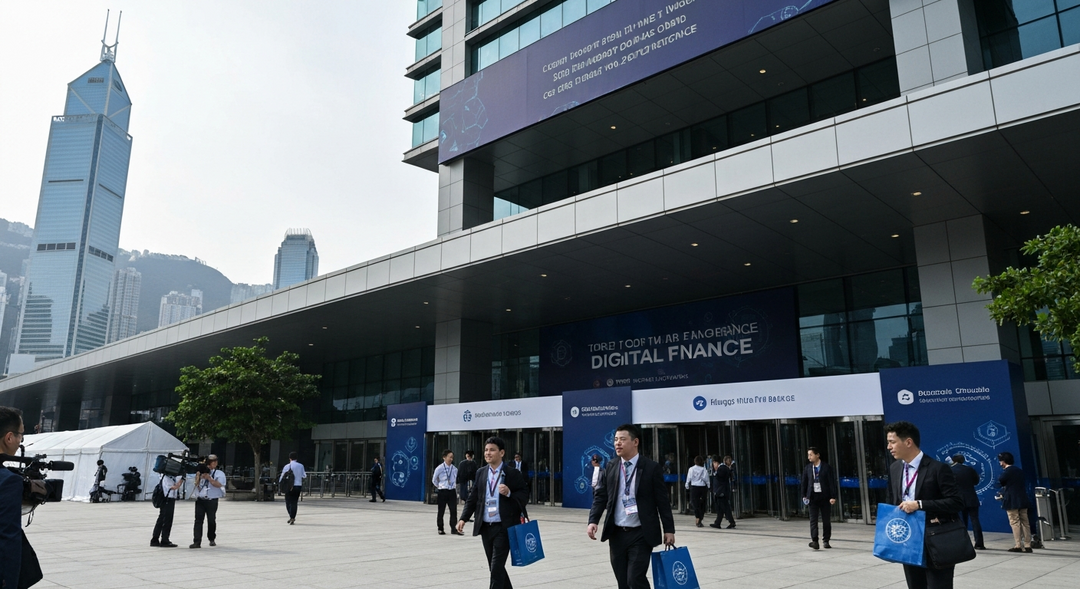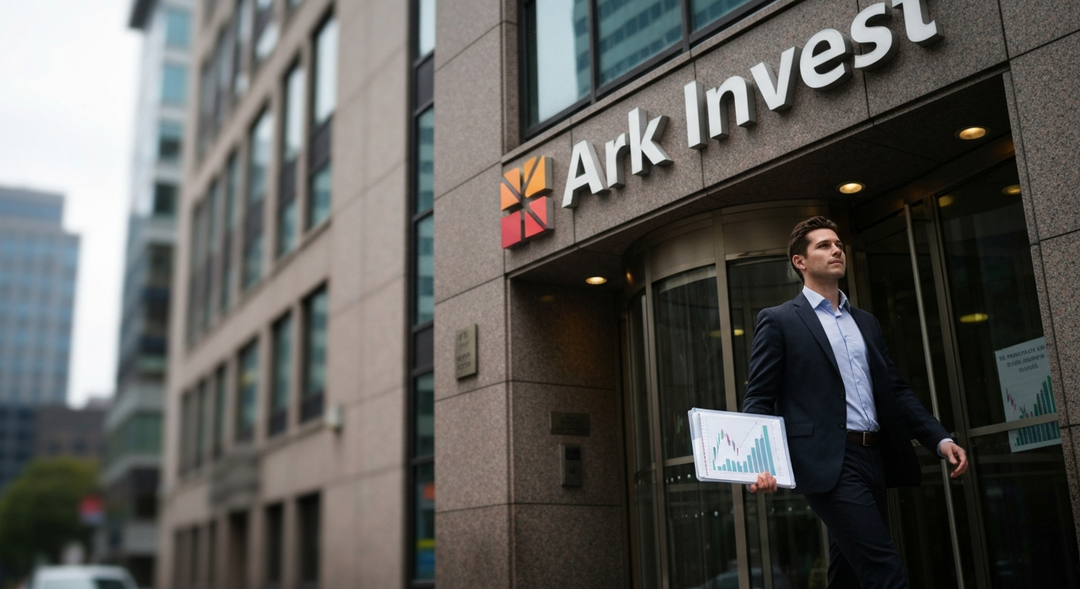Ripple takes a big step in Africa with digital innovation today. The company is rolling out its RLUSD stablecoin, closely tied to the strength of the US dollar, through new partnerships across the continent. This latest move promises to transform how businesses handle cross-border payments and manage liquidity with an accessible digital dollar. Institutions in Africa now have the opportunity to manage money securely and efficiently, thanks to Start Cloud Mining and Ripple’s collaboration with platforms like Chipper Cash, VALR, and Yellow Card.
Traditional banking systems can present hurdles for African businesses and organizations aiming to operate globally. The introduction of RLUSD gives entities a regulated and reliable alternative that is already proving popular elsewhere. Over the past several months, RLUSD has amassed an impressive supply worth more than 700 million dollars, according to blockchain data for Ethereum and the XRP Ledger.
RLUSD was launched in late 2024, issued by a regulated New York trust company. This arrangement has ensured that the asset complies with strict financial standards demanded by major institutions. The stablecoin unlocks new options for treasury operations and can serve as a foundation for trading tokenized commodities and securities.
As more African businesses seek access to digital finance, the demand for dollar-backed assets is only growing. Stablecoins such as RLUSD have emerged as game changers, particularly in regions where access to reliable, strong currencies is not guaranteed. For many in Africa, stablecoins like these offer a straightforward path to savings or international remittance.
Reports from leading research groups note that Africans already depend on various digital dollars for everyday transactions. RLUSD distinguishes itself by targeting larger businesses and organizations, providing a secure and fully regulated entry point to digital currencies.
The value of having a dollar-pegged currency in emerging markets cannot be underestimated. Currency instability has long been a challenge, forcing local businesses and individuals to seek more stable options. RLUSD’s introduction complements existing tools, giving institutions a legal, backed option for preserving value and transacting cross-border with lower fees and faster settlement.
Ripple’s move is not just about improving business infrastructure. The company is also working with Mercy Corps Ventures to test RLUSD’s practical impact on real world problems. In Kenya, the stablecoin is being integrated into extreme weather insurance programs.
This trial is groundbreaking in its simplicity and potential for impact. When satellite data registers drought conditions, insured clients receive RLUSD payouts immediately, a model that reduces bureaucracy and speeds recovery for those hardest hit. Another experiment ties insurance payouts to rainfall patterns, giving farmers a safety net if erratic weather affects their harvests.
These pilot programs demonstrate that modern digital assets can play a meaningful role beyond finance, touching the lives of communities that may otherwise be left behind. The combination of blockchain-backed transparency and automatic payouts addresses longstanding issues like delayed insurance claims and inaccessible support during crises.
There is increasing recognition that stablecoins, despite being a relatively recent innovation, have the ability to enhance existing systems quickly. By addressing both transactional needs and innovative applications like weather risk management, RLUSD moves the conversation about digital finance well beyond speculation or investment alone.
Ripple’s strategy aims to meet both immediate needs and lay the groundwork for future growth. As global interest in digital currencies escalates, the company is positioning RLUSD not only as a tool for big business but also as an enabler of social good, spanning diverse sectors such as agriculture, finance and tech.
Bridging the gap between traditional finance and the burgeoning world of tokens, Ripple is building a platform where institutional users can operate in a regulated yet flexible environment. The collaboration with leading payment providers and non-profit ventures highlights an emerging blueprint for economic inclusion that leverages the best of new and existing financial infrastructure.
As more institutions look for secure alternatives in unpredictable currencies, the promise of stablecoins like RLUSD continues to gather momentum. In just a few short months, the adoption curve signals broad-based confidence and a shift toward more resilient financial management tools.
Conclusion
Ripple’s expansion into Africa marks a new phase for stablecoin adoption, empowering local institutions with secure, transparent, and rapid cross-border transaction tools. This development is likely to spark further innovation and competition among digital payment providers as demand for trustworthy currency alternatives rises across the continent.
As RLUSD gains traction and real world trials showcase its versatility, the future of African financial technology appears brighter than ever. The blend of digital currencies and practical solutions holds great promise in tackling both economic and humanitarian challenges, setting the stage for a more inclusive financial era.

Ewan’s fascination with cryptocurrency started through his curiosity about innovative technologies reshaping the financial world. Over the past four years, he has specialized in cloud mining and crypto asset management, diving deep into mining contracts, profitability analysis, and emerging trends. Ewan is dedicated to helping readers understand the technical and economic aspects of crypto mining, making complex information accessible and actionable.




